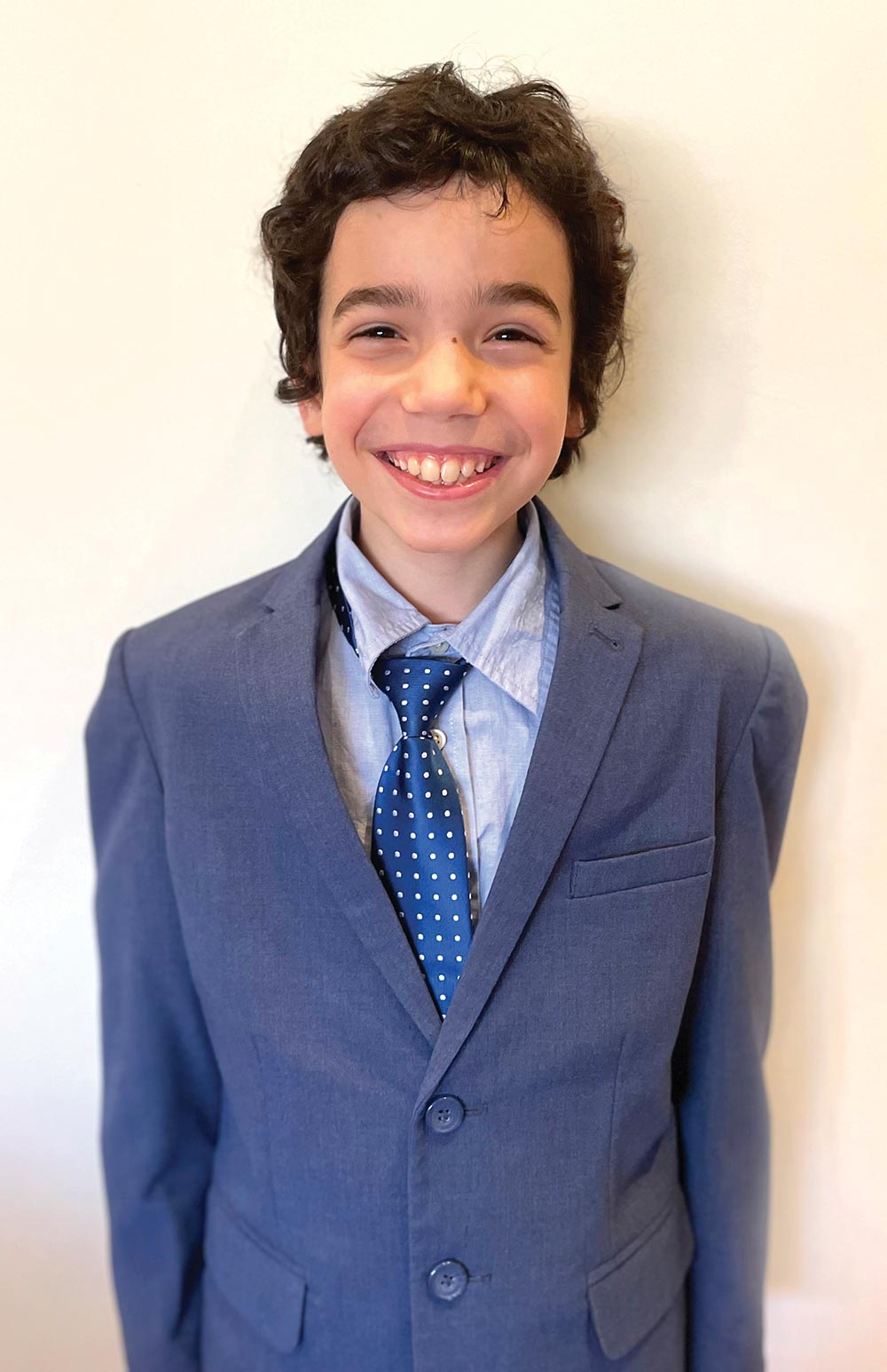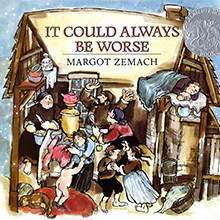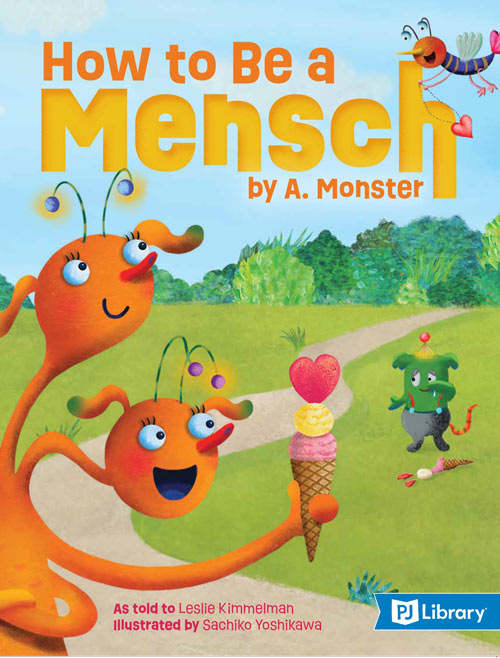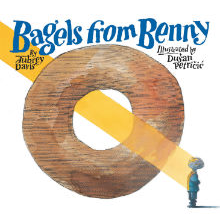Lessons I Learned from PJ Library
I’ve been receiving PJ Library books for as long as I can remember. Their lessons have stayed with me over the years.
By Micah Blachman
This story appeared in the summer 2024 issue of PROOF, a PJ Library magazine.
Editor’s note: PROOF magazine is proud to work with a variety of talented writers. Here we’re thrilled to welcome PJ Library subscriber Micah Blachman, age 10, as a PROOF contributor reflecting on some of his favorite books.

Micah Blachman
When you outgrow clothes, you can always look back and appreciate the designs. You can also do that with PJ Library books. The “design” for PJ Library books is the part that sticks with you years after you’ve finished the book — the Jewish value.
I’m 10 years old, and I’ve been receiving PJ Library books for practically my whole life (I now choose my own books through PJ Our Way, PJ Library’s extension program for kids ages 9-12). Certain PJ Library books have stuck with me over time because I can still relate to the values. Here are a few I’d like to share with you.

Written and illustrated by Margot Zemach
Published by Macmillan
A classic Yiddish folktale, this book teaches us about gratitude. At first, a man is upset by how noisy his family is, which makes life in his crowded one-room hut unbearable. But then his rabbi tells him to bring his goat, cow, and chickens into the house, which makes everything worse. Once he has something to compare his situation to, his perception changes and he is able to be grateful for what he previously had.
Bad and good are relative and depend on your perspective. As a pianist, pieces that looked hard to me years ago now feel easy because I’ve now done much harder things. When compared to the past, my perception is different.

Written by Leslie Kimmelman
Illustrated by Sachiko Yoshikawa
Published by Apples and Honey Press
This book teaches us the values of kindness and inclusion. Through whimsical pictures of helpful monsters, this book illustrates the point that anyone can be nice, no matter their appearance. By not judging monsters (or, in the applicable lesson, people), you are being kind. This book connects to the proverb, “don’t judge a book by its cover.” It shows us that just because someone is different from us doesn’t mean we should treat them differently. We all need kindness and sometimes a helping hand.
Earlier this year at my school, we welcomed Israeli children (one of whom was in my class) whose schools had closed. It felt really rewarding to help people in need.

Written by Aubrey Davis
Illustrated by Dušan Petričić
Published by Kids Can Press
In this book, Benny’s grandfather, a baker, teaches Benny a lesson about giving thanks. Although Benny’s grandfather is the one who bakes the bagels, he teaches Benny that he is not the one deserving of thanks; instead, Benny should thank God. To do so, each week Benny asks his grandfather to give him a big bag of bagels, which he then puts into the synagogue’s holy ark. Little does he know, a poor man visits the ark weekly and takes the bagels to eat. On the surface, this book teaches the lesson that feeding the hungry helps make the world a better place. But there are other lessons too. When Benny’s grandfather first sees him putting bagels in the ark, he yells at him because he doesn’t know Benny’s intentions. But what Benny was doing wasn’t bad — he was just trying to thank God for the bagels.
We can’t always make judgments based on our initial instinct. For me, each year I am afraid to get a flu shot (mostly because I don’t remember how much it hurt or didnʼt hurt the previous year). But then when I get it, it hurts for a second, and I realize that it wasn’t nearly as painful as I anticipated. Sometimes assumptions turn out not to be true.
These books have taken on new meaning for me now that I’m older. No matter your age, you can still take out your old PJ Library books and see how their Jewish values fit in your life!
Micah Blachman lives in New York and is going into sixth grade. He enjoys crossword puzzles, Scrabble, and writing short stories.